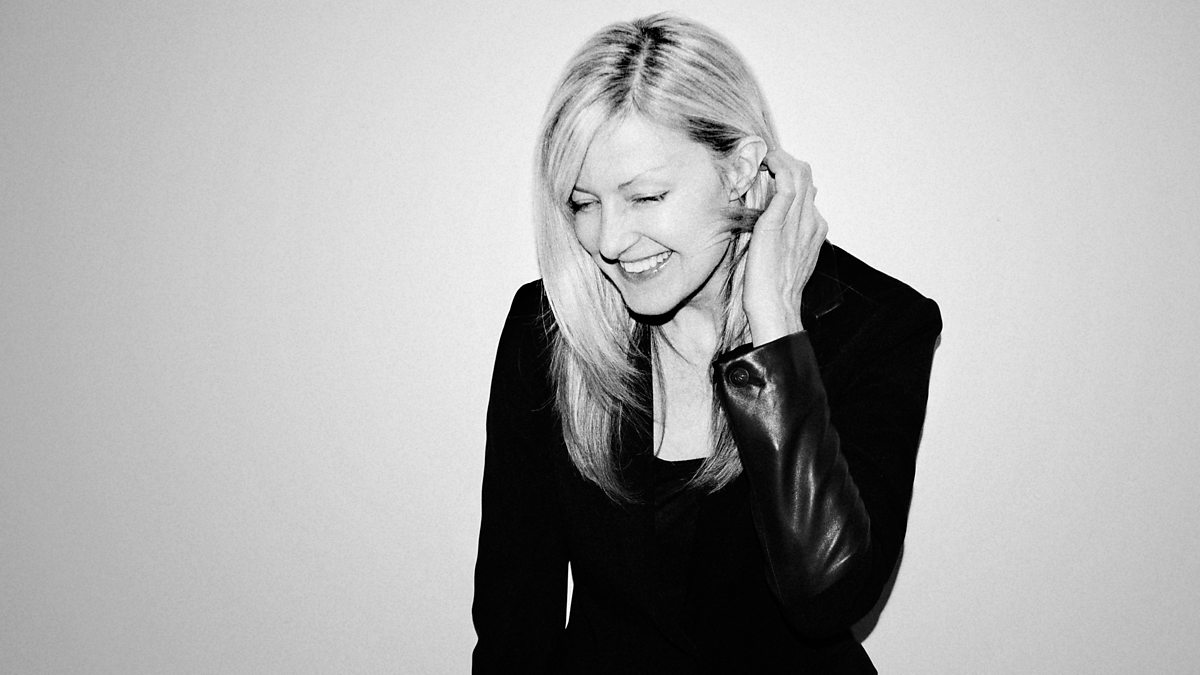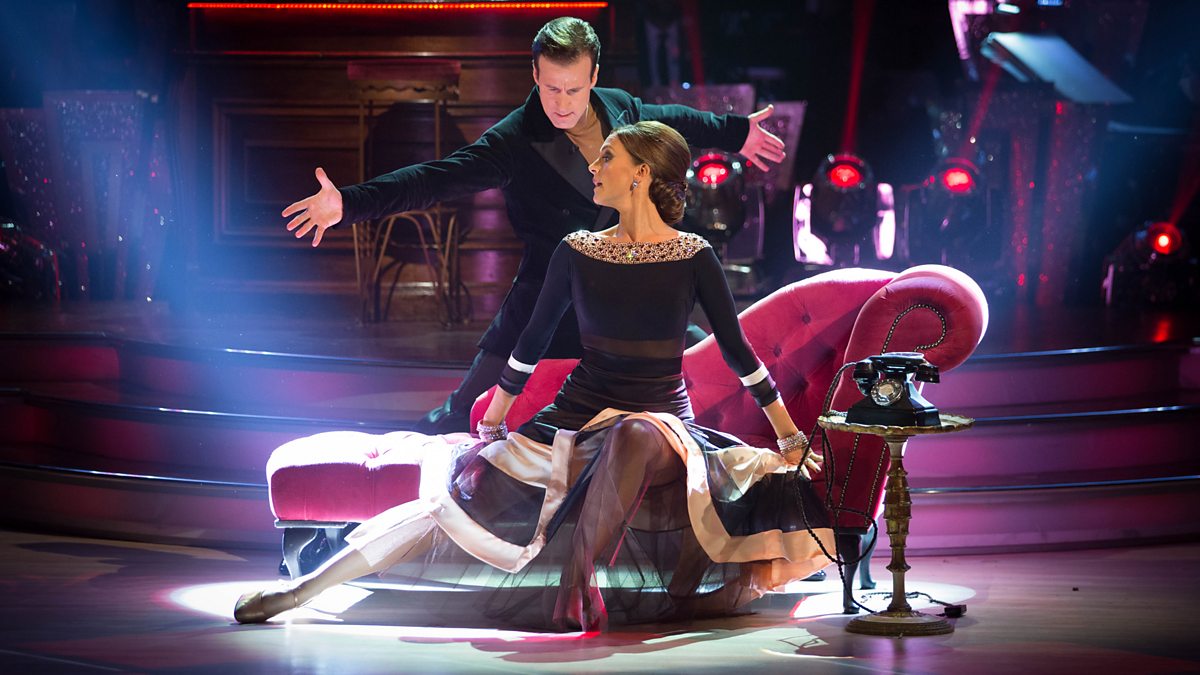Returning, then, to Saturday Classics  : It was so. I checked to see whether it was or not and it was. The hall, we were told, was almost packed full, 'sitting room only'
: It was so. I checked to see whether it was or not and it was. The hall, we were told, was almost packed full, 'sitting room only'  (So all the standing seats had gone?)
(So all the standing seats had gone?)
 : It was so. I checked to see whether it was or not and it was. The hall, we were told, was almost packed full, 'sitting room only'
: It was so. I checked to see whether it was or not and it was. The hall, we were told, was almost packed full, 'sitting room only'  (So all the standing seats had gone?)
(So all the standing seats had gone?)








Comment